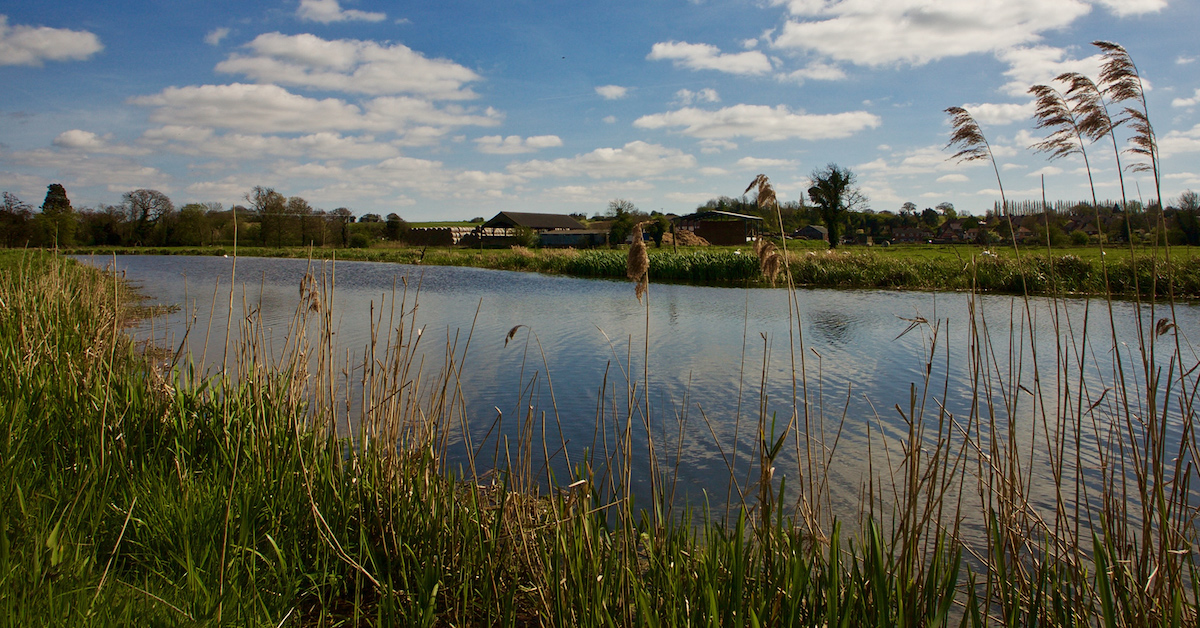In a meeting held at the Jockey Club in Newmarket on August 7, Suffolk’s farming community warned on an impending water shortage crisis that could devastate their crops.
Concerned business and farming leaders convened to discuss farm sustainability during a King’s Awards lunch.
Chief among the topics was the escalating demand for water and the stringent UK water licensing regulations that pose a significant threat to the viability of domestically grown produce.
Andrew Williams, the recently retired head of Home Farm Nacton, highlighted the groundbreaking initiative that Suffolk has embarked upon.
This initiative, known as the Felixstowe Hydrocycle, is designed to capture fresh drainage water that would otherwise be discharged into the sea.
Instead, this water is channelled into on-farm reservoirs, presenting a potential solution to the irrigation conundrum.
Endorsed by the European Union, Felixstowe Hydrocycle is already making strides by assisting farmers in addressing their irrigation concerns.
At a time when climate change is intensifying and water availability is dwindling, this innovation proved indispensable during the 2022 heatwave, allowing farmers to maintain irrigation despite the adverse conditions.
Williams emphasized the gravity of the situation: “We are in one of the driest parts of the country – if not the driest, we are licensed, we are limited on what we can take on a given day. But I’m told there is more water pumped out to sea than is used in agriculture.”
The path to implementing the Hydrocycle scheme was riddled with challenges. While it has demonstrated its efficacy, farmers still require more water to stay afloat in the face of climate change.
The project’s success has positioned it for expansion along the coastline, in various forms, to cater to the needs of other regions.
Despite this innovative approach, concerns were raised about the Environment Agency’s stance.
Critics labelled the agency as “conservative with a small ‘c’” and accused it of lacking ambition and innovation.
James Foskett, a Woodbridge farmer, shared his frustration with officials’ inability to grasp the hardships that farmers face. Foskett stressed the critical role of water in sustaining the country’s agricultural productivity.
Further initiatives have sprung up to replicate Felixstowe’s accomplishments. A project at Shingle Street, north of the Deben, seeks to emulate the scheme’s achievements and support large arable farms in the area.
Looking ahead, farmers are bracing themselves for potential water license reductions by the Environment Agency by 2028. This potential setback underscores the urgency to explore innovative solutions and increase water resources.
Despite sporadic government grants, administrative hurdles, and time constraints remain impediments to full-scale implementation.
© Land & Estates (powered by ukpropertyforums.com).
Sign up to receive our weekly free journal, The Forum here.












